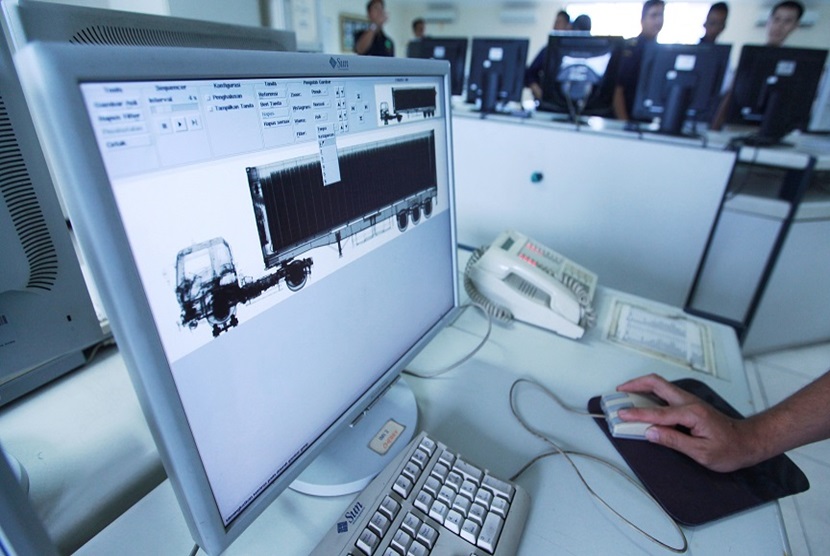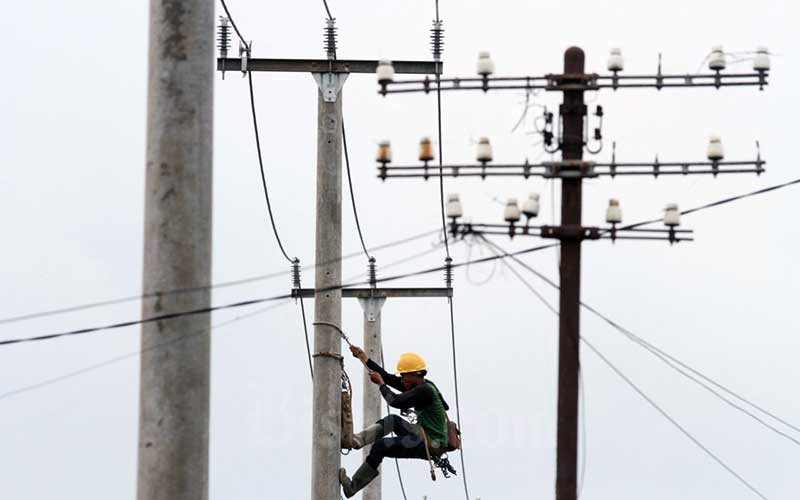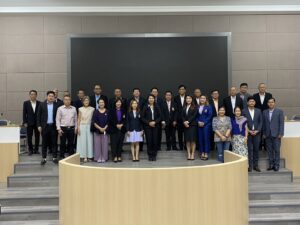[ad_1]
MBABANE – An astounding number of pregnant teenagers visited public health facilities in the past three months.
Statistics have revealed that the number of teenagers who visited health facilities for their first antenatal care (ANC) appointments in the last three months was 1 109. These include three 12-year-old pre-teenagers. Four of the teenagers were 13 years old, 29 were aged 14 years and a total of 82 were 15 year olds.
These statistics, according to the Ministry of Health, suggest a worrying trend that must be addressed through concerted efforts. The Top Doctor’s website defines antenatal care or ANC as the care a woman receives while pregnant, to ensure that both mother and baby are healthy. It involves regular check-ups with a doctor or midwife, with scans, screenings and blood tests to check on the development of the baby and identify any health problems in either mother or child that could cause problems.
The Health Promotional Officer in the Ministry of Health, Calvin Dlamini, said this painted a worrying picture, as they were still in their first quarter. Dlamini said recording such numbers in the first quarter meant that by the end of the year, the numbers would have increased.
Teenagers
He said last year, they recorded an overall total of 4 469 teenagers who made their first ANC visit. According to Dlamini, 1 179 came from the Hhohho Region, 1 073 from the Lubombo Region, 1 156 from the Manzini Region, and 1 061 teenagers were from the Shiselweni Region. Dlamini stated that in the past three months, from January to March, a total of 154 teenagers aged 16 years, 228 aged 17 years old, 297 who were 18 years old, and 312 aged 19 years, made their first ANC visit in various health facilities.
Dlamini said these age groups were not well matured and their organs were still maturing. He said this was a concern because they had over 1 000 teenagers whose pregnancies were at risk. Dlamini explained that 90 per cent of teenagers were not able to undergo natural birth and needed episiotomy.An episiotomy is a cut (incision) through the area between the vaginal opening and the anus.
This procedure is done to make the vaginal opening larger for childbirth. Adding, he said there was also a high chance that teenagers gave birth to babies with low birth weight, because they were still young and had no control over what they ate. “This is a concern, because a lot can happen during the pregnancy. These are the ones who had the courage and visited the health facilities. We still don’t know about those who decided to have abortions,” Dlamini said.
When asked if they reported these cases of underage teenagers to the police, Dlamini said they were aware of the Sexual Offences and Domestic Violence (SODV) Act’s stance on minors, but they were faced with a dilemma.
The SODV Act 2018 provides that the legal consenting age in Eswatini is 18 years. According to Section 37(1) of the Act:‘‘A person who maintains a sexual relationship with a child commits an offence and shall, on conviction, be liable to a term of imprisonment not exceeding 20 years.’’
Dlamini explained that they were fully aware that when a minor came for an ANC visit, they should report the matter to the police. However, he stated that taking the legal route meant that they would be chasing all the pregnant teenagers from seeking medical assistance.
“This means that all pregnant teenagers will not visit the health facilities the next day. If I say we should call the police, it means that I am sending a message to all the 13-year-olds that ‘when you fall pregnant; don’t come to me because I will take you to the police’. “This will increase street abortions, home delivery, and maternal mortality. Yes, I have tackled the legal issue but I have lost my core mandate, which is health. We have to choose either the health or legal route,” he said.
Minors
Dlamini mentioned that they decided to turn a blind eye to the legal part, assuming that the affected minors came from a home set-up, where they also had a responsibility to take legal action. He went on to state that they documented all processes, so that when someone decided to take the matter up, they would be able to answer even in front of the courts.
In the same vein, the health promotional officer revealed that they also faced a dilemma when minors visited health facilities for contraceptives. He said they were aware that they were not of the consenting age but they would not stop them from accessing the services.
“We conduct health education on abstinence, but at the back of our minds, we know that the minor wants contraceptives, because she is sexually active. We will then discuss the crime of initiating a child on contraceptives rather than letting her go and come back pregnant,” Dlamini said. Furthermore, as a mitigation measure, Dlamini shared that they visited schools to capacitate pupils about teenage pregnancy.
He said this was a headache, not just for the ministry alone, but also for schools as well. He mentioned that schools invited them as they had a school health team, focused on educating pupils about health-related matters. “The only thing we need to do is to strengthen our team in terms of moving fast, from school A to school B, educating about preventive measures. “We also meet with teachers to build capacity on them as first aiders,” he said.
Research
Moreover, Dlamini highlighted that they were yet to research why they were recording a high number of teenage pregnancies. He said they may have assumptions which include poverty, broken family structures, love of material things and money, among others, but they would be able to prove their assumptions through the research. Dlamini shared that the research would target those who were already pregnant, to uncover the reasons behind their pregnancies, to inform their programmes.
On the contrary, Save the Children Director Dumisani Mnisi, said these numbers were too high. Mnisi said this was a nationwide problem that could be attributed to so many things; including unemployment and the lack of capacity by parents in raising their children.
According to Mnisi, children lack knowledge and there is a need to pass knowledge, even to the hard-to-reach areas.
“Information is power and as long as there is lack of information, we will still face these challenges,” Mnisi said. He called upon all stakeholders to collaborate with communities and traditional leaders to share knowledge on how such challenges could be addressed. Mnisi stated that even children were killing one another, which meant that there was a challenge with their upbringing.
“This is unacceptable, but we see it happening in the country. We need to up our game in terms of access to services in the rural areas,” he said.
[ad_2]
Source link



